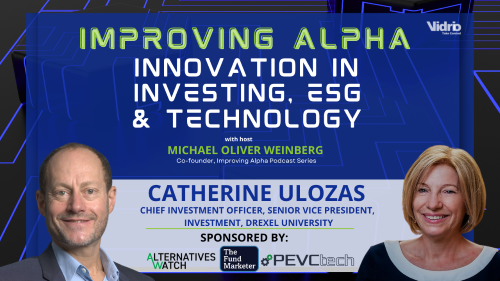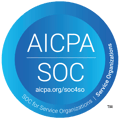Do institutional investors want active governance today and should it raise a red flag if it doesn't exist? In this episode of the Improving Alpha podcast we are joined by Shivaram Rajgopal. Listen as he breaks down the pitfalls of governance disengagement and how to flag zombie investments before its too late.
Michael Oliver Weinberg, co-founder, Improving Alpha Podcast Series
Sponsored by:
If you are a CEO at a large public company, who do you speak with when concerned about strategy, formulation of innovative ideas, or executing a plan to scale your business investments? Many believe that unless there’s a large activist event or news story, decision-making is solely your own. Is there a way to bring back active governance and drive engagement from board members and investors?
In this latest installment of the Improving Alpha: Innovation in Investing, ESG, and Technology podcast Michael Oliver Weinberg and Shivaram, Rajgopal, Roy Bernard Kester and T.W. Byrnes Professor of Accounting and Auditing; Chair of the Accounting Division, Columbia University explore the challenges in corporate governance. Shivaram goes into what makes governance so difficult, the impact of corporate boards on the direction of governance, and why governance can be imagined as a slow-burning background fire that isn’t significant enough to spark investor attention.
Additional Shivaram highlights include:
- his early background as a chartered accountant and what led him to Columbia Business School.
- where do CEOs go if they want to improve their strategy, execution and formulation in governance, especially when it seems there’s no one on the other side listening outside of an activist event.
- why are companies in the S&P 1500 becoming zombies (in the economic sense), and getting capital that they don’t deserve instead of someone making the hard decisions to kick out of the index.
- what is the right timeframe to hold an investment in today’s market and is private equity superior to public equity to optimize long-term performance.
- how can the carrot and stick theory help governance when looking at board structures.
- what is causing the Japanese markets to model our investment texts (decades later), and why is this so important to governance.
- when looking at Europe, where are the European Uber, Amazon, Microsoft, Google, or Tesla, and how the governance code impacts their innovation.
- and more!
About Our Guest: Shivaram Rajgopal
Shiva Rajgopal is the Roy Bernard Kester and T.W. Byrnes Professor of Accounting and Auditing at Columbia Business School. He has also been a faculty member at the Duke University, Emory University and the University of Washington. Professor Rajgopal’s research interests span financial reporting, earnings quality, fraud, executive compensation and corporate culture. His research is frequently cited in the popular press, including The Wall Street Journal, The New York Times, Bloomberg, Fortune, Forbes, Financial Times, Business Week, and the Economist. He teaches fundamental analysis of financial statements for investors, managers and entrepreneurs and a PhD seminar on accounting regulation.
About Our Host: Michael Oliver Weinberg, CFA
For three decades Michael has invested directly at the security level and indirectly as an asset allocator in traditional and alternative asset classes. Most recently he was a Managing Director, Head of Alternative Alpha, on the Investment Committee, and a board member at APG, a Dutch pension provider. Previously he was the Chief Investment Officer at MOV37 and Protege Partners. Michael is also an Adjunct Professor of Economics and Finance at Columbia Business School, where he teaches Institutional Investing, an advanced MBA course that he created.
Michael is a published author, having written for The New York Times, international investment books, and other publications. Michael has been interviewed by the Wall Street Journal, Financial Times, CNBC, Bloomberg and Reuters. He is a frequent panelist, moderator and lecturer for investment banks, institutional and family office organizations, and business schools.
The information covered and posted represents the views and opinions of the guest and does not necessarily represent the views or opinions of Vidrio Financial, and/or our host, Michael Oliver Weinberg. The Content has been made available for informational and educational purposes only. The Content is not intended to be a substitute for professional investing advice. Always seek the advice of your financial advisor or other qualified financial service provider with any questions you may have regarding your investment planning.








